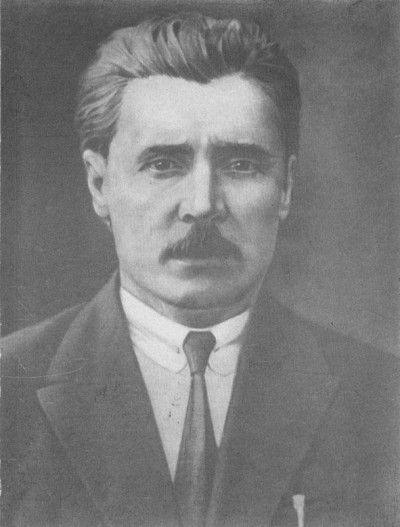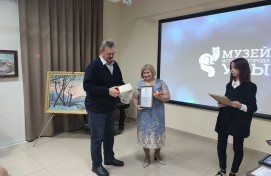Ибрагимов Галимджан
Born Feb. 28 (Mar. 12), 1887; died Jan. 21, 1938. Soviet Tatar writer and public figure.
Ibragimov was born in the village of Sultanmuratovo (in what is now Aurgazinskii Raion, Bashkir ASSR), son of a mullah who had renounced his ecclesiastical office. He studied in amadrasa (Muslim school) in Orenburg (1898–1905), and later in the Galia madrasa in Ufa (1906–09), after which he worked as a teacher. Ibragimov took an active part in the February Bourgeois-democratic Revolution of 1917, the Great October Socialist Revolution, and the Civil War of 1918–20. At first, he was a Left Socialist Revolutionary but later became a member of the Communist Party (he was accepted into the party in 1920, with the length of his service reckoned from April 1917). In 1918, Ibragimov was elected a member of the All-Russian Central Executive Committee and the Tatar Central Executive Committee. At that time, he was also appointed chairman of a commission formed to translate and publish V. I. Lenin’s works in the Tatar language. In 1925 he became chairman of the Academic Center under the People’s Commissariat for Education of the Tatar ASSR. In 1928, Ibragimov was awarded the title of Hero of Labor. In 1927, because of illness, he moved to Yalta, where he engaged in literary work.
Ibragimov was first published in 1907. In his early stories, he appeared as a realistic portrayer of manners and morals and condemned social injustice, but his heroes were still far from an active struggle for their rights. In 1910–12, he moved away from realism toward subjective romanticism (In the Sea, 1911, and Love Is Happiness, 1912). After 1914, he developed as a realist.
Ibragimov’s creative work was closely related to the development of socialist realism in Soviet Tatar literature. In 1920, he published the first volume of the trilogy Our Days (revised edition, 1934) about the participation of the national intelligentsia in the Revolution of 1905–07. In that year, his play New People also appeared, which dealt with the birth of a new personality in the era of the socialist revolution. His story Red Flowers (1922) was devoted to this theme as well. In his novel Daughter of the Steppe (1924), Ibragimov recreated the life of a prerevolutionary Kazakh village in the complex interweaving of its social contradictions. In the novel Deep Roots (1926–28), written about the contemporary period, he showed how the victory of the socialist revolution conformed to the laws of history. Ibragimov published many philological and historical works. His works have been translated into many languages.














